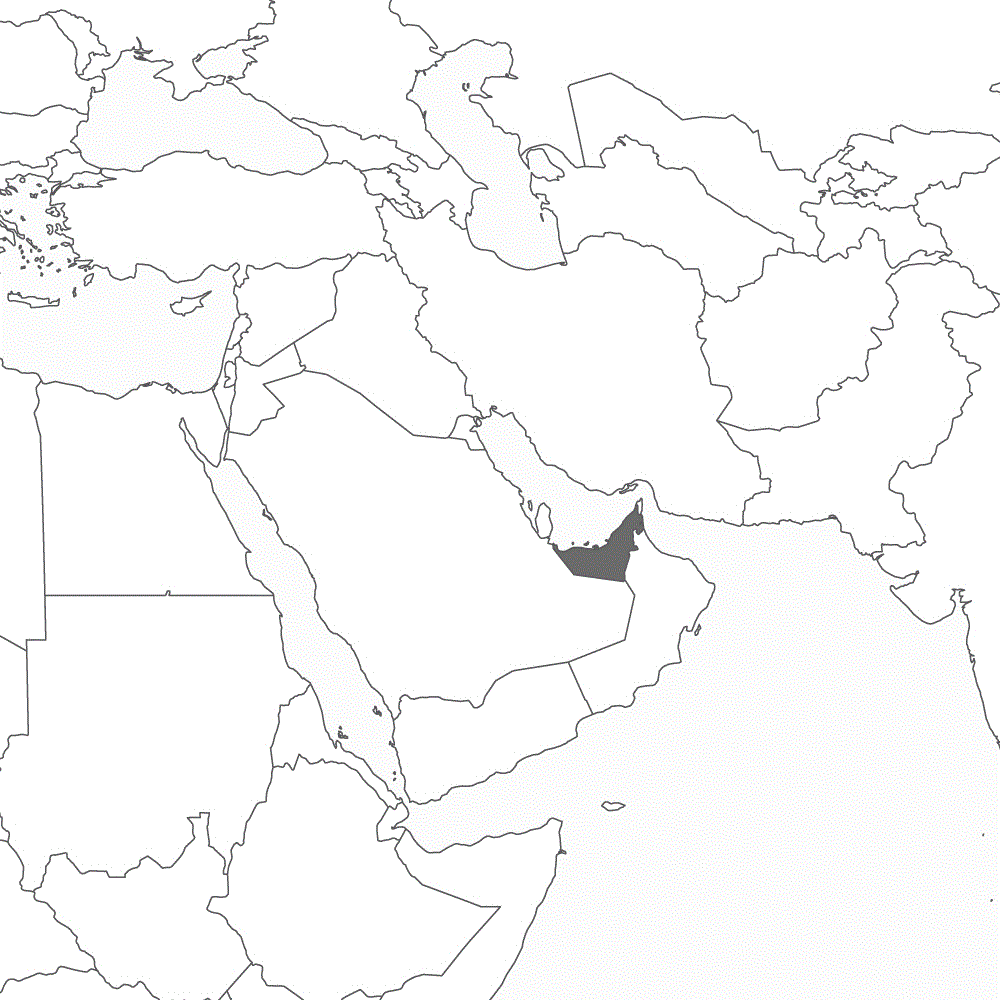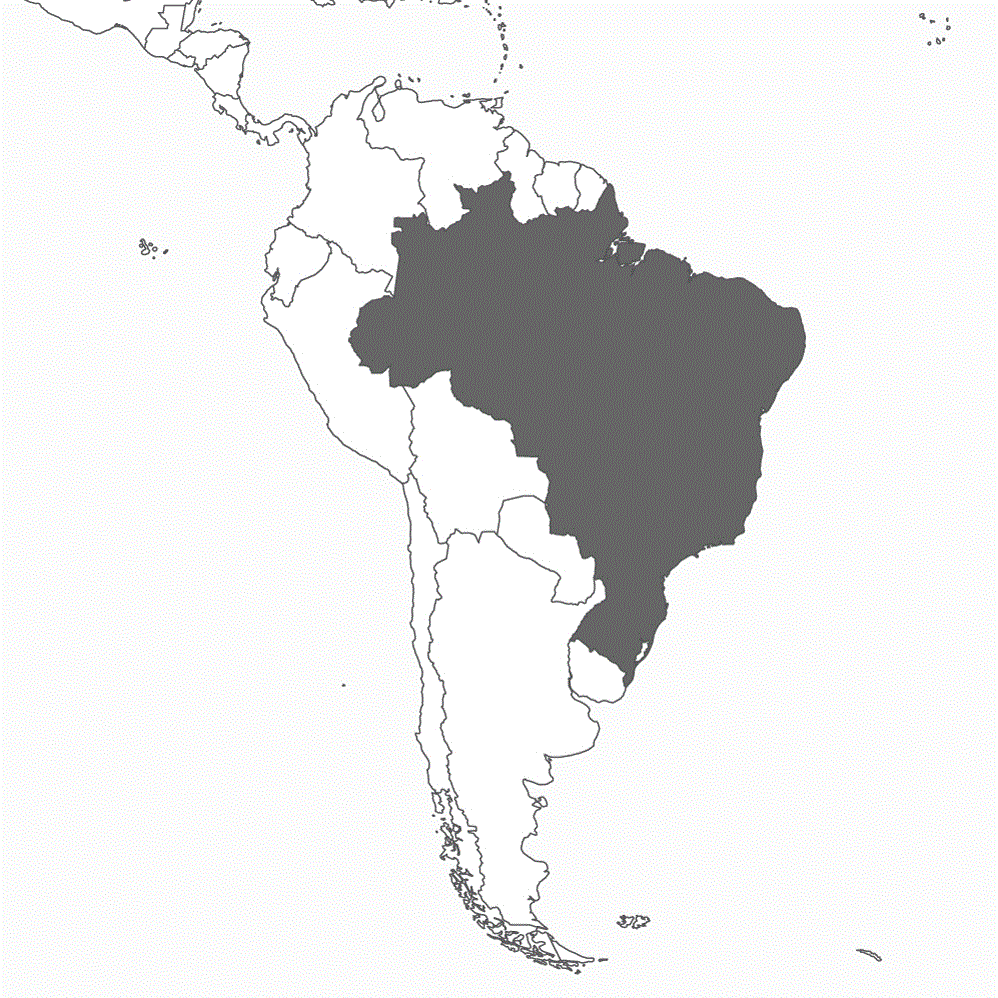BERLIN/WASHINGTON (Own report) - Germany is continuing to strengthen its close ties to the United States despite the US President's recent racist campaign. German companies have announced billions in investments in the country, for example the German Telekom, which plans to invest more than five billion euros in its T-Mobile USA subsidiary. The United States is, by far, the biggest investment site for German companies. Dax enterprises, alone, generate 22 percent of their total revenue in the USA - more than on their home market (21 percent). Various German enterprises are dependent on close cooperation with the US high-tech industry, so as not to hopelessly lag behind in artificial intelligence (AI) and autonomous driving. Cooperation with China - increasingly practiced - is the only alternative. Notwithstanding their profitable cooperation with the USA, the escalating US economic wars and their attacks on German business partners are driving the German industry toward confrontation. Read more
BERLIN/WASHINGTON (Own report) - In Berlin and other capitals of the EU, political advisors are appealing for a speedy course of action to be taken against US extraterritorial sanctions. The sanctions, unilaterally imposed by Washington, which obligate, in principle, all enterprises doing business in the USA to abide by, are not only causing billions in losses in Europe, but are also thwarting Germany and the EU from pursuing their own global policy, independently from that of the USA. In the meantime, experts at several European think tanks are appealing for direct countermeasures to be initiated against the USA. Some suggest, for example, that extraterritorial sanctions could be imposed also on US companies. As an alternative, "asymmetrical countermeasures" could be considered, such as the freezing of the assets of US enterprises. Time is of the essence. Should Washington, in the future, impose extraterritorial sanctions on China, the damages for the EU economy would hardly be surmountable. The Trump administration is currently expanding its extraterritorial sanctions to Latin American countries. Read more
BERLIN/WASHINGTON/MOSCOW (Own report) - The EU and NATO are using dramatic appeals to try to shift the blame for the abrogation of the INF-Treaty to Russia. In the upcoming days, Moscow must take "substantial actions" to preserve the disarmament treaty" in the last minute, the EU High Representative for Foreign Affairs and Security, Federica Mogherini, proclaimed. Otherwise it would bear "sole responsibility" for new armament measures flanked by growing insecurity, according to NATO Secretary General Jens Stoltenberg. The NATO states' allegation that Russia had violated the treaty has not been proven; on the other hand, the Trump administration has admitted that it had been working on the development of new ground-launched intermediate-range missiles for more than eighteen months. Their deployment is prohibited under the INF-Treaty. EU arms manufacturers are participating in the production of these US-missiles, with contracts worth millions of dollars. The nominee for Chairman of the US Joint Chiefs of Staff is in favor of deploying new intermediate-range missiles against China. Read more
BERLIN/WASHINGTON (Own report) - Berlin and Brussels are weighing countermeasures to the Trump administration's growing number of extraterritorial sanctions. The US government is seeking to globally enforce its unilaterally imposed sanctions to bind other countries, including allies, to its foreign policy course. The sanctions against Iran are the most prominent example. They also made German business with Iran largely impossible. Washington first implemented extraterritorial sanctions in the mid-1990s, but finally reached agreement with the EU not to enforce them against European companies. This was changed during the Obama administration, when it amassed billions in fines from banks in the EU. The Trump administration has expanded the extraterritorial sanctions to include Russia and Cuba. Following the failure of the INSTEX financial vehicle, German government advisors are proposing that legal action be taken in US courts. Now, “asymmetric countermeasures” are also being discussed. Read more
BERLIN/TRIPOLI/ABU DHABI (Own report) - Despite the UN arms embargo, German military equipment is being deployed in the Libyan war. According to reports, this includes military trucks, produced jointly by the Düsseldorf-based Rheinmetall arms manufacturer and the VW subsidiary MAN, which serve as carriers for a Russian air defense system. The United Arab Emirates (UAE) purportedly redeployed these trucks in to Libya in support of the warlord Khalifa Haftar. The Emirates also use German arms in the war in Yemen. This is no coincidence: The Gulf state, one of German arms manufacturers' major customers, is increasingly pursuing an offensive foreign policy, which includes a military component, as in cases such as Libya and Yemen. Abu Dhabi is also supporting German efforts to control the Sahel and has begun establishing military bases at the Horn of Africa. Germany maintains a "strategic partnership" with the UAE. Read more
BERLIN/BRUSSELS (Own report) - Yesterday, following fierce power struggles, the EU heads of states and governments nominated Germany's Defense Minister Ursula von der Leyen to become the next President of the EU Commission. The most influential position in Brussels' bureaucracy would thus be going to a German politician. Prior to this nomination, also high-ranking politicians from other EU countries had remarked that it is "difficult to explain" that a German should head the Commission, "given the power" Germany exercises in the EU. In fact, not only is EU policy increasingly being shaped by Berlin, but Germans also preside in a growing number of leadership positions within EU administrations, particularly those in the field of finance, but also in the EU-parliament - especially where legislative work is coordinated - and in the field of foreign policy. According to a renowned French EU expert, Germany remains "European" oriented, "because it has created a 'German Europe' solely serving German interests." Read more
BERLIN/BRUSSELS/BRASÍLIA (Own report) - The German export industry hails the free trade agreement between the EU and South America's Mercosur trade block. The agreement concluded at the end of last week, following 20 years of negotiations, will drastically lower the tariffs that have been protecting the industries of the four Mercosur member nations, including Brazil. Exporters from the EU will thus obtain access to these countries. According to the EU Commission, this will save €4 billion in tariffs benefiting, largely, German enterprises, the EU's major Mercosur suppliers. Conversely, the agreement opens the EU's agricultural markets to the South American agro-industry - to the detriment, in particular, of French and Irish farmers. In fact, Berlin has imposed the agreement in spite of resistance from Paris. Protest is also being raised in South America, with trade unions warning that it could be a "death sentence" for the local industry, reducing Mercosur to a colonial status of raw materials supplier for the EU and sales market for European companies. Read more
GERMAN-FOREIGN-POLICY.com
Information on German Foreign Policy: News + Interviews + Analyses + Background


